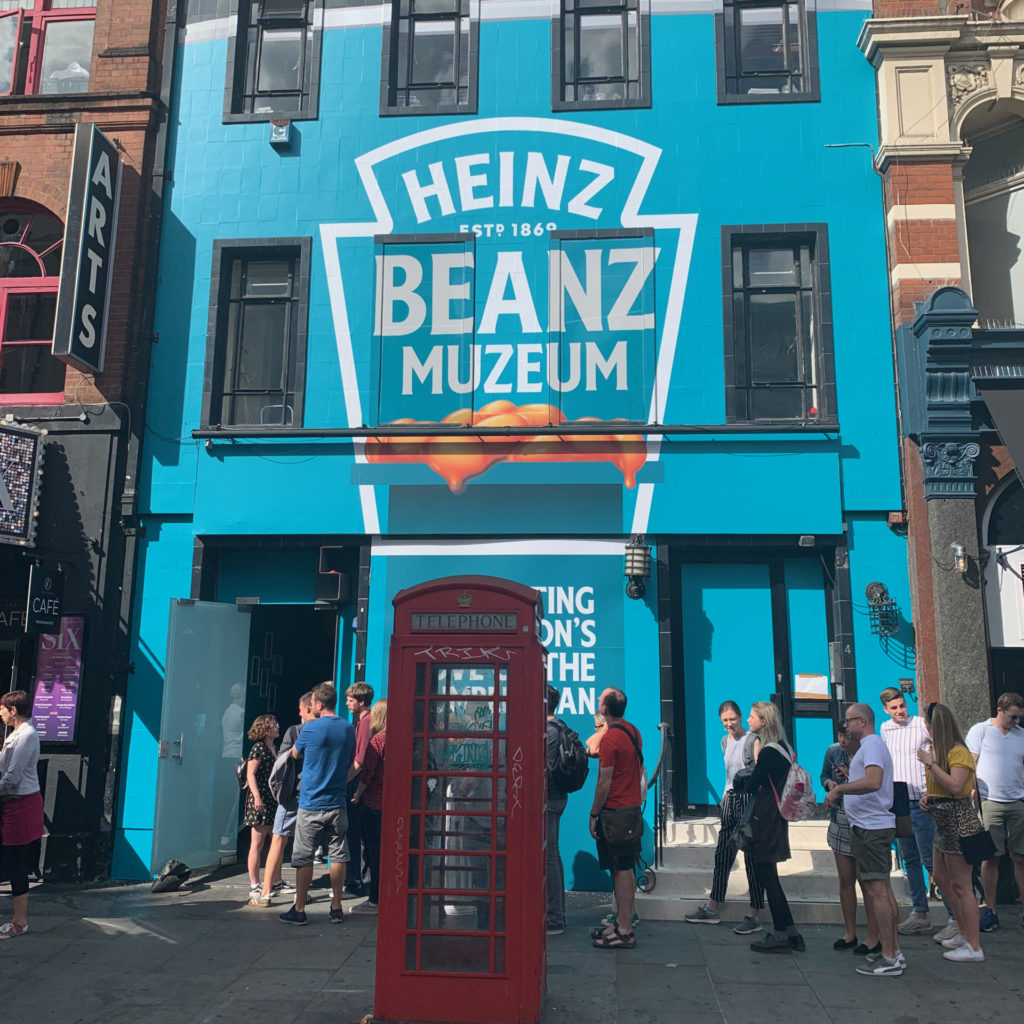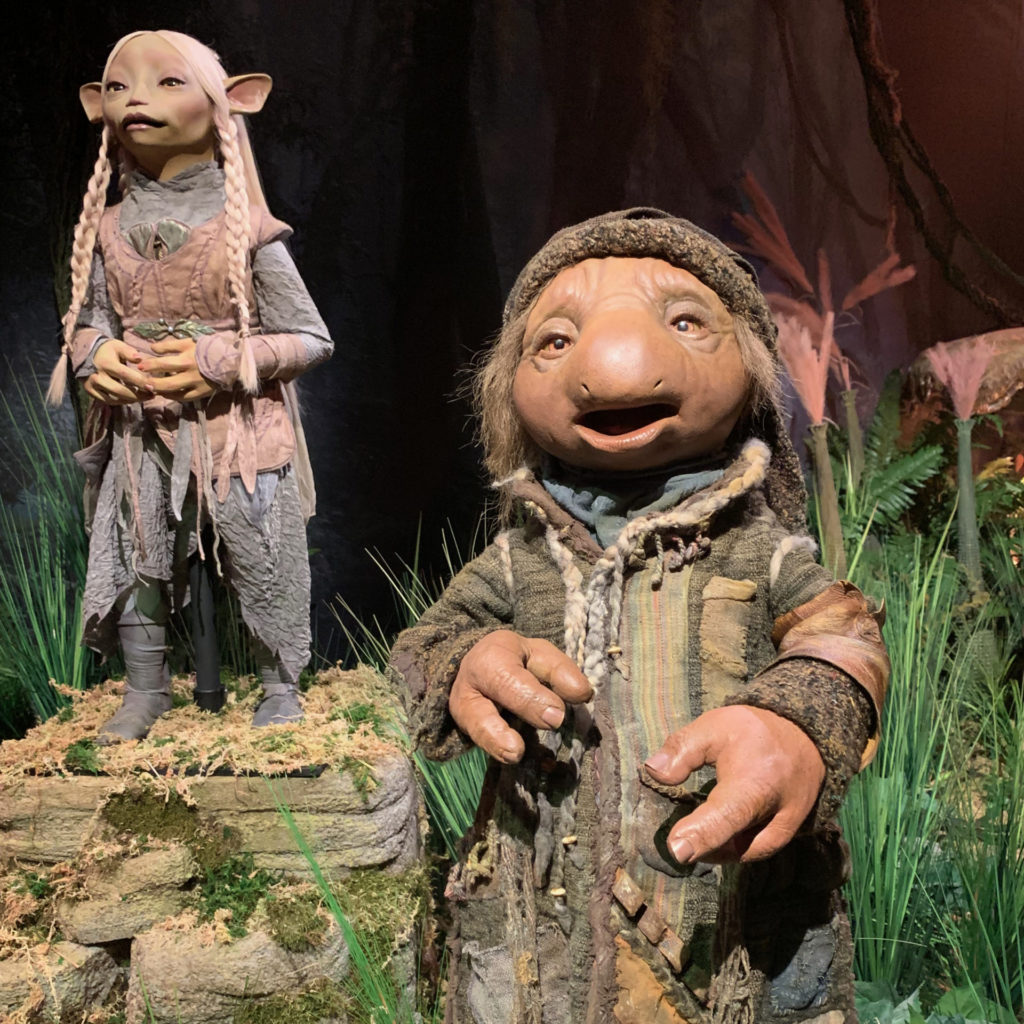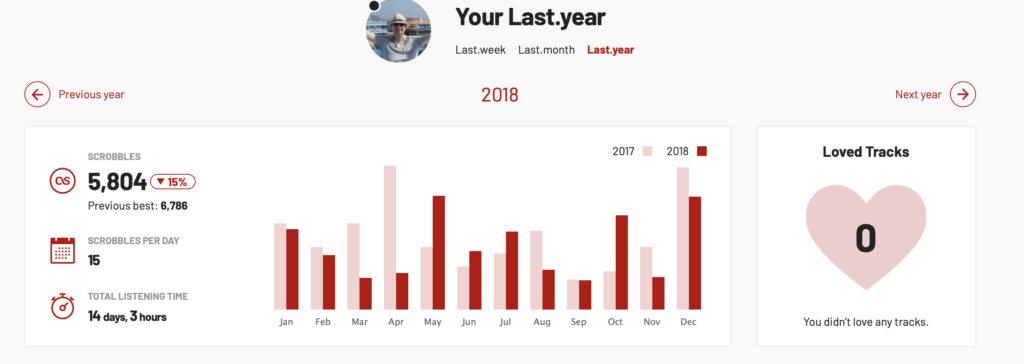On Christmas Eve I wrote a follow-up to my 2009 piece, ‘Looking Back 10 Years‘. So, now, if I was going to create a new list, what would I add?
Time to ring in with the new …
Video Conferencing Still Doesn’t Work
I admit it’s highly correlated with my comments on business travel but over the last ten years more and more of the office spaces where I have been working come pre-equipped with video conference facilities in every meeting room. And, almost universally, people find them difficult to use, difficult to hear the other side of the conversation and incompatible with the facilities the people on the other end of the call use. I’ll admit that over the last few years colleagues have become more and more comfortable with the idea of running a meeting where one or more people are on screen but I think that’s due to how easy it is to call family on Skype, FaceTime or Facebook Messenger. The fact that most office systems are incompatible with each other means that all that expensive in-room equipment is often wasted. Currently, I work in a office equipped with Google Meeting but work closely with a company that uses the BlueJeans conference service. And so, only one side can ever use the cameras in the room they are sitting in. I have worked in a company where it worked well but they had spent a lot of money equipping the space and it was still only useful when other people were on the same system. And don’t get me started on people trying to hook-up to share a presentation. Still, it’s better than those awful conference calls.
Music Has Vanished From The Workplace
Even in the last ten years, I have worked in places where we put music on in the background. Communal music adds atmosphere to the workplace and can create a positive mood. It’s true that, often, you end up with an easy listening sound (we loved Magic in one place I worked) but I find silence quite oppressive. But, thanks to streaming music services everybody now has their own music library on-demand and we all don headphones all day. That has changed the office atmosphere and, I don’t think it’s for the better.
Streaming Is Everywhere
Streaming music has changed the workspace and I predict that streaming television will do the same. The iPlayer maybe 12 years old tomorrow (having launched Christmas Day 2007) and, at home, we may have more choices than ever (Apple TV+ and Britbox have arrived in the last month alone) but outside of the home I think streaming video content will change the workplace. Aside from streamed conferences, streamed training courses and streamed meetings, we will move from the above-mentioned video conferences to connecting offices and home workers via a streamed camera, always connected all day long. And where streaming video comes it is closely followed by addressable TV advertising so, at work or at play, brands will be able to target us more effectively.
Voice Control Is Coming
In the last decade, three new people moved into your house. Alexa, Siri and the one who only responds to the phrase ‘OK Google’. And they want to follow us into the office too. I have been surprised about how easy it has been to shout commands to the box in the corner of the kitchen or to dictate a message into my phone without having to type on the keyboard. I’ve observed the way children have taken to talking to machines without any of the awkward feelings adults have. It’s bound to come to the office at some point very soon although I am not sure, exactly, in what form. But if they could take minutes in a meeting to remind us of our decisions (because in this day and age no human does), it would be a great help.
We Are All Storytellers Now
If one of the big trends of the last decade, that I didn’t really mention in the 2009 piece, involved the rise of the social platforms in our personal (Facebook) and work (LinkedIn) spaces (or both, Twitter) then the rise of the Story format across platforms (and, into messaging apps) is the social trend of the late 2010s. Inevitably, that will come into the workplace in some way. We’ve already seen the arrival of the work chat and social tools (Yammer, Teams, Slack and Workplace) and the visual – and temporary – nature of the Story format will invade the workplace in the next few years. As a company’s marketing team embrace the format for promotion and advertising then it will arrive as a corporate communication tool as well at as team level. A fun picture of your CEO ahead of a board meeting with a flashing ‘yaaasss’ label – it’s bound to happen!
Of course, in many ways, these are fairly minor changes to the way in which we work and the spaces in which we work today. We are undoubtedly going to see more and more automation in all aspects of our lives and, I suspect, we’ve only just started with the impact of ‘Big Data’ on all aspects of our lives. Workplaces, especially in customer-facing spaces, will finish the transition to cashless and all of us will be working in more environmentally friendly ways over the next few years – we have no choice in the latter and, I suspect, the same goes for the former.
As I said at the end of the last one, “If I am lucky enough to remain employed for the next ten years, I wonder what changes will appear?” – hopefully, I will around to update you.
(thanks to Abba for the title)





